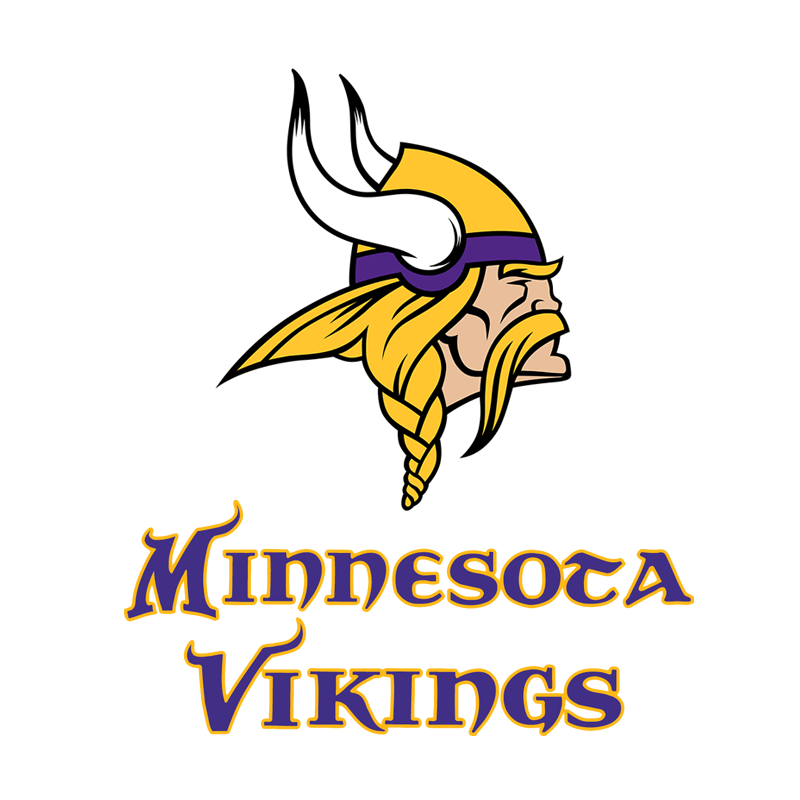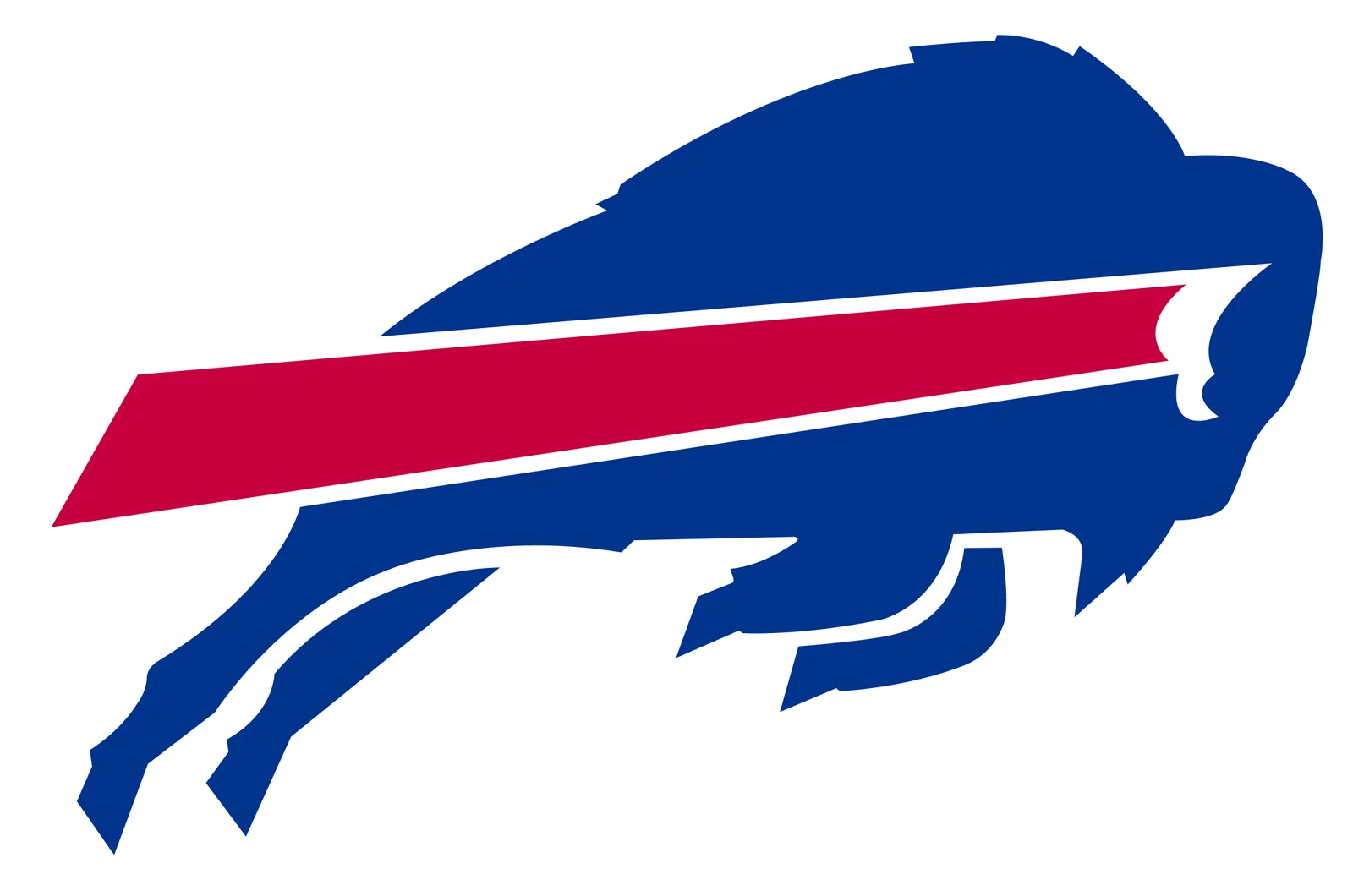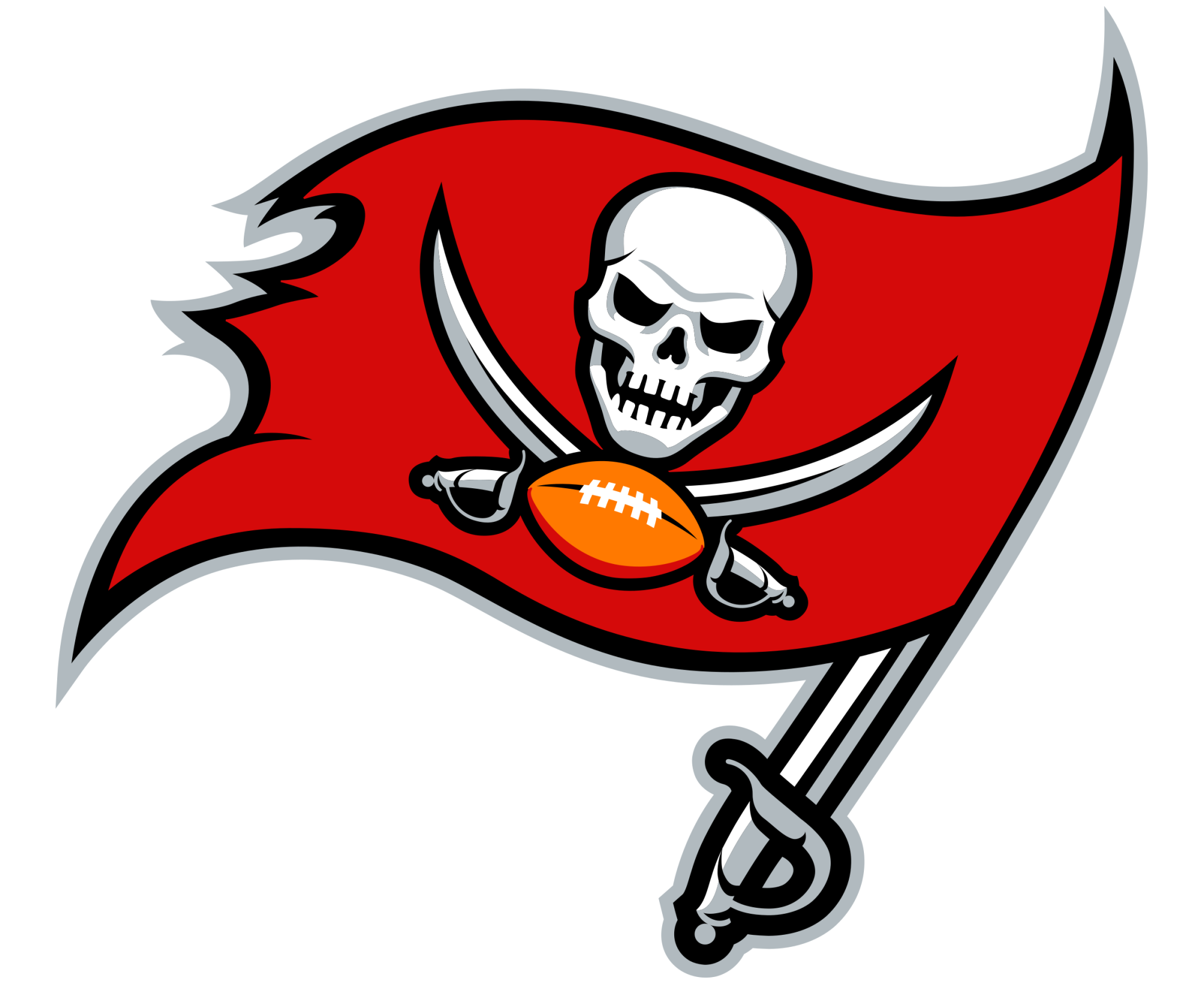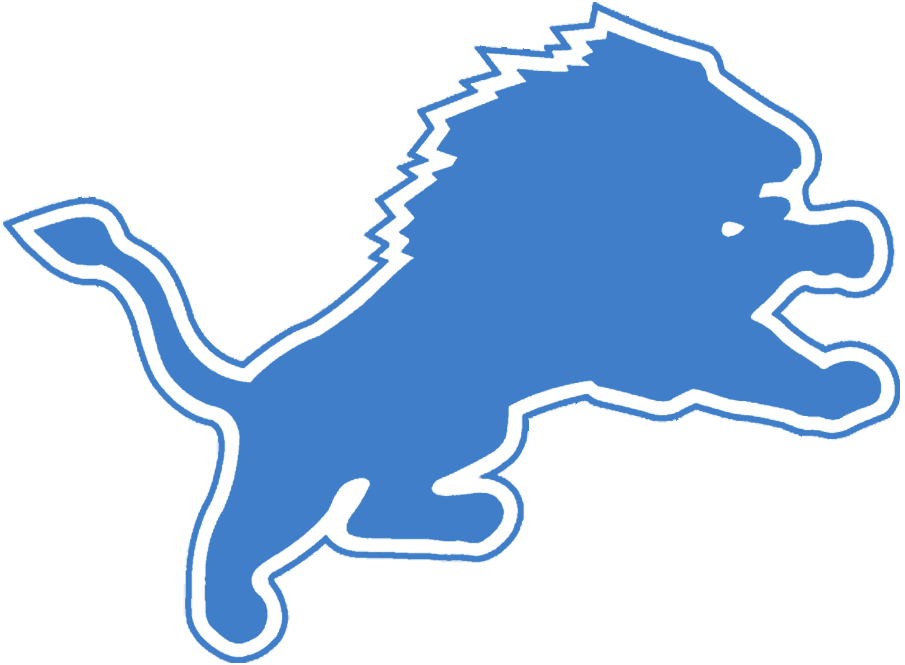Is The NFL’s Latest Tampering “Punishment” An Insult To Miami Dolphins?
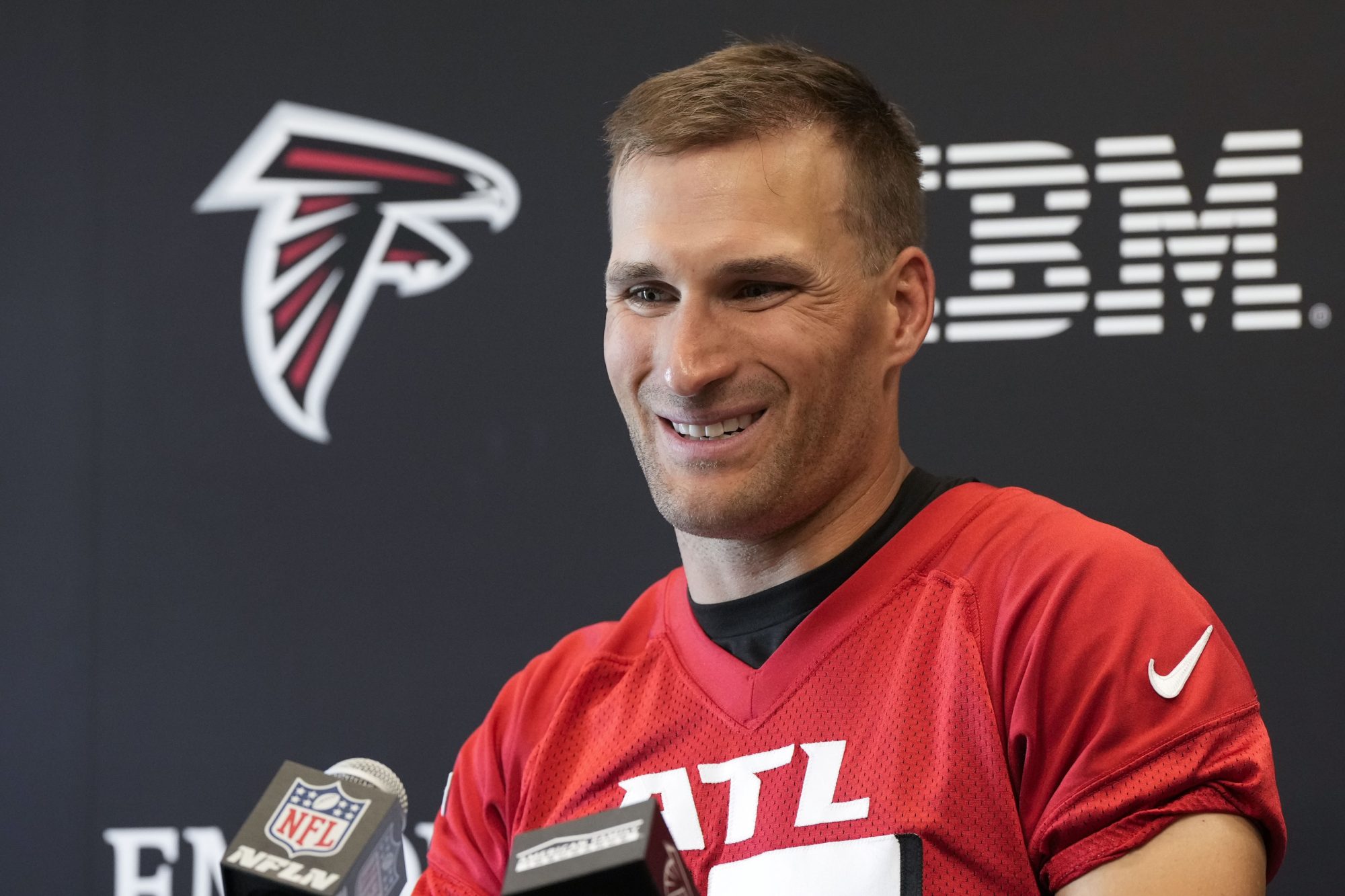
Credit: Dale Zanine-USA TODAY Sports
The NFL concluded their investigation into the alleged tampering violations committed by the Philadelphia Eagles and the Atlanta Falcons on Thursday. After further review, the league determined that there was not enough evidence to prove that the Eagles violated the anti-tampering policy in their pursuit of star running back Saquon Barkley. However, the league was able to find enough evidence to prove that the Atlanta Falcons, did in fact, violate the anti-tampering policy prior to signing three players: Charlie Woerner, Darnell Mooney, and most notably, Kirk Cousins.
The league found that the Falcons tampered with the best available player at the single most important position in football. You must assume that surely, the punishment from the NFL would be severe in order to discourage other teams from tampering in the future. Nope! It turns out the league doesn’t care all that much if a team tampers with some of the biggest names in the sport. Atlanta was forced to forfeit a 2025 fifth-round pick and paid a $250,000 fine, which should put a dent in owner Arthur Blank’s $8 billion net worth. The NFL also fined Falcons general manager Terry Fontenot $50,000.
That’s right: the NFL doesn’t care if teams tamper with star quarterbacks. Unless you’re the Miami Dolphins. As most of you already know, back in 2019 Dolphins owner Stephen Ross tampered with Tom Brady and Sean Payton. Ultimately, Ross was found guilty of violating the league’s anti-tampering policy in 2022, and the Dolphins were stripped of their 2023 first-round pick and a 2024 third-round pick. Stephen Ross was also suspended for a year and was fined $1.5 million dollars. Dolphins vice chairman Bruce Beal was also suspended for the season and was fined $500,000.
The Dolphins punishment was fair at the time, and there should have been no grudges held against the NFL for laying the hammer on the Phins. After all, Dolphins fans would be upset if other teams were tampering with their star players in the future. Tampering with high-profile players is a serious offense and the league should show no mercy to any organization that is found guilty of violating the anti-tampering policy.
Note, it was fair at the time. As in, if these rules were going to be enforced equally to other teams going forward. Therein lies the problem with this punishment; the NFL showed an incredible amount of mercy to the Falcons. It’s hypocritical and unjustifiable for the league to give the Falcons a significantly lesser punishment for the same offense, and Dolphins fans have every right to be upset with these double standards.
The big question here is, why are these two sentences vastly different from one another? According to NFL Network’s Tom Pelissero, a key reason as to why Atlanta’s punishment was less severe than Miami’s is because the tampering violations occurred during the two-day negotiating window, “e.g. talking to players about flights after they’d (legally) agreed to terms.”
Mike Florio of Pro Football Talk fired back at Pelissero’s explanation, calling it “NFL-propagated BS,” stating that Cousins admitted to speaking directly to the head athletic trainer and to Director of Player Personnel Ryan Pace during the negotiating window. For context, during the two-day negotiating window, only agents are allowed to speak with team representatives, not the players themselves. Cousins speaking directly to the Falcons violates the rules of the negotiating period, hence Florio’s strong words.
Now, Florio is a noted Vikings fan who is well-known for his bombastic, divisive takes, but sometimes you just have to say, “Heartbreaking: The Loudest Vikings Fan You Know Just Made A Good Point.” Remember, Pelissero works for NFL Network, and it’s in the NFL’s best interest to give a reporter (especially one that’s in-house) an explanation that puts a positive spin on this.
Another possible explanation as to why the Falcons got off easy here is that Atlanta Falcons CEO Rich Mckay is the head of the NFL’s Competition Committee, and he has a lot of influence in league circles. So it would hardly be surprising if that influence led to the Falcons getting a lesser punishment.
The solution here is simple: The NFL needs to implement standardized punishments for every rule that exists. That would ensure that every team is being treated equally, and it would also prevent the mere appearance of any team receiving special treatment from the league. If the NFL needs help coming up with a punishment for teams that are found guilty of tampering, here’s a good suggestion: Use the Dolphins’ punishment as a blueprint for everyone else moving forward. It’s only fair, right?
Up Next

